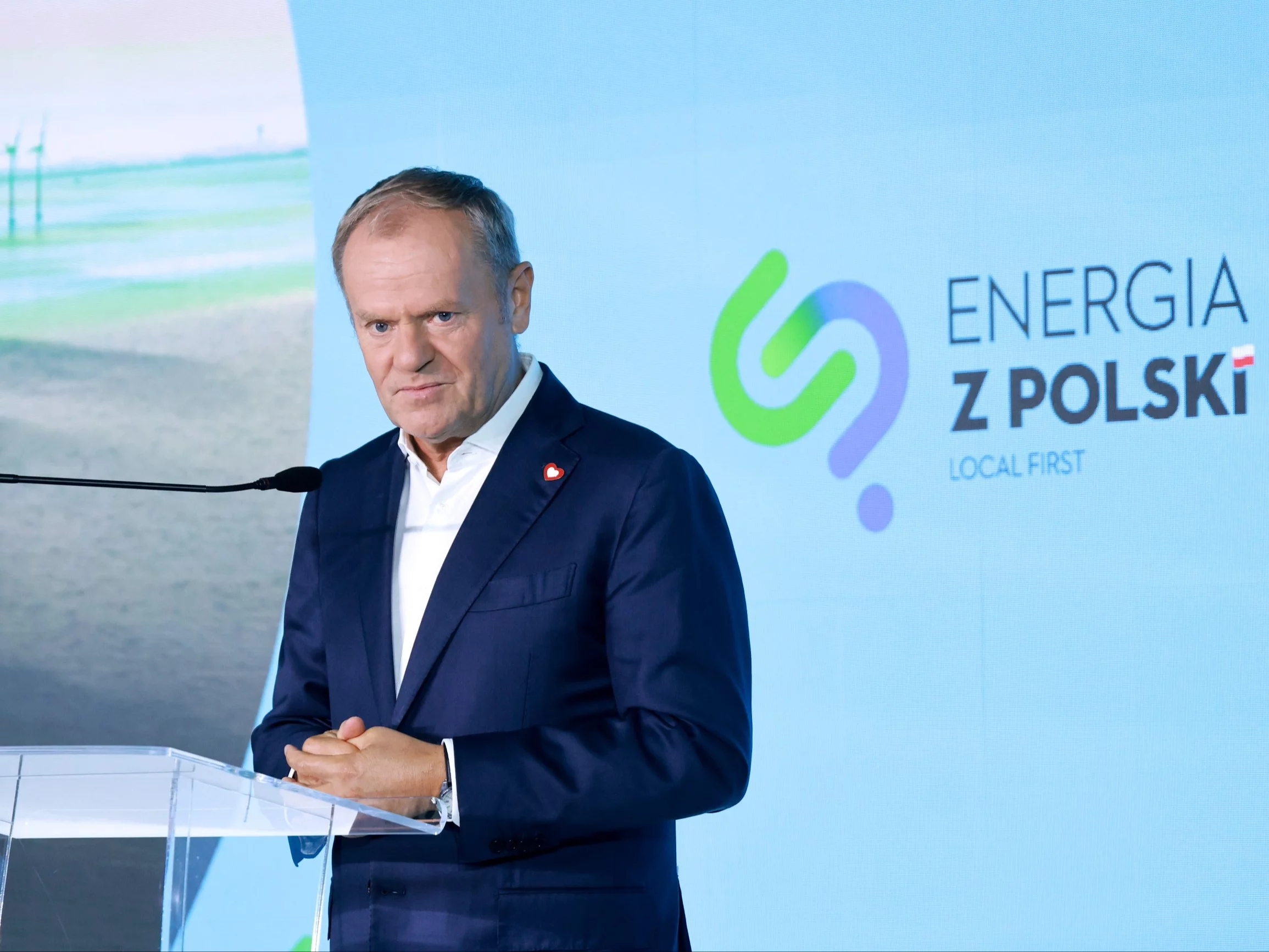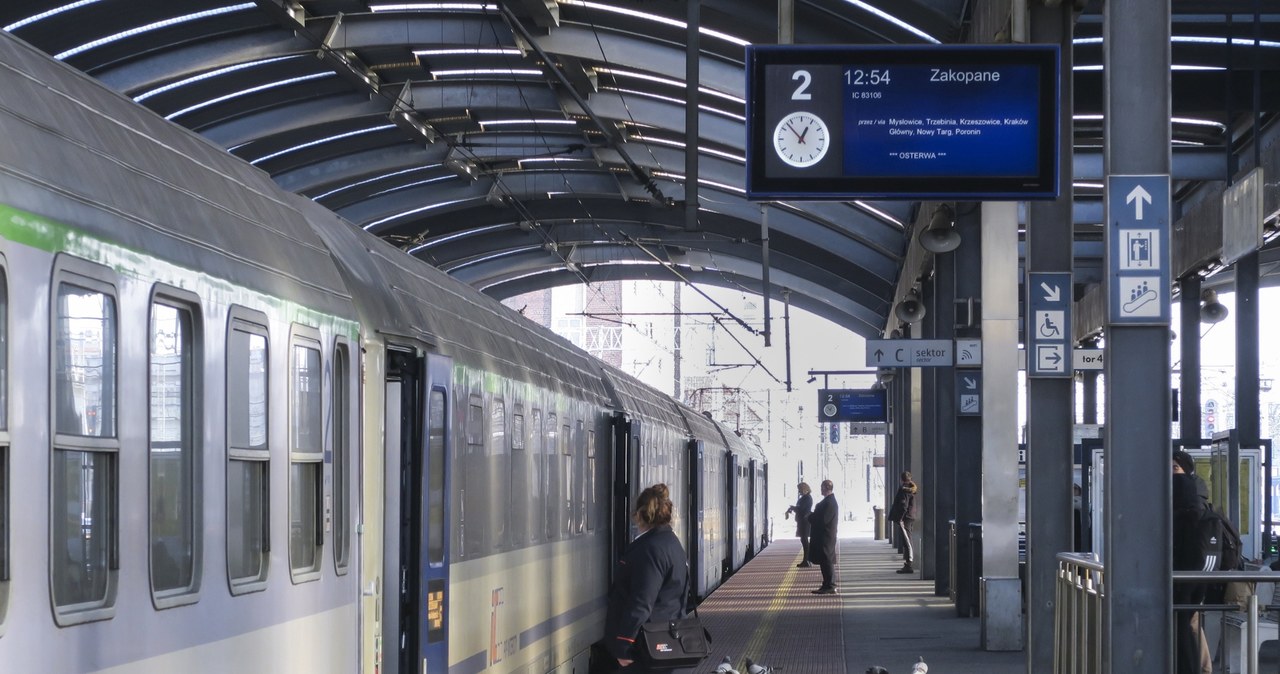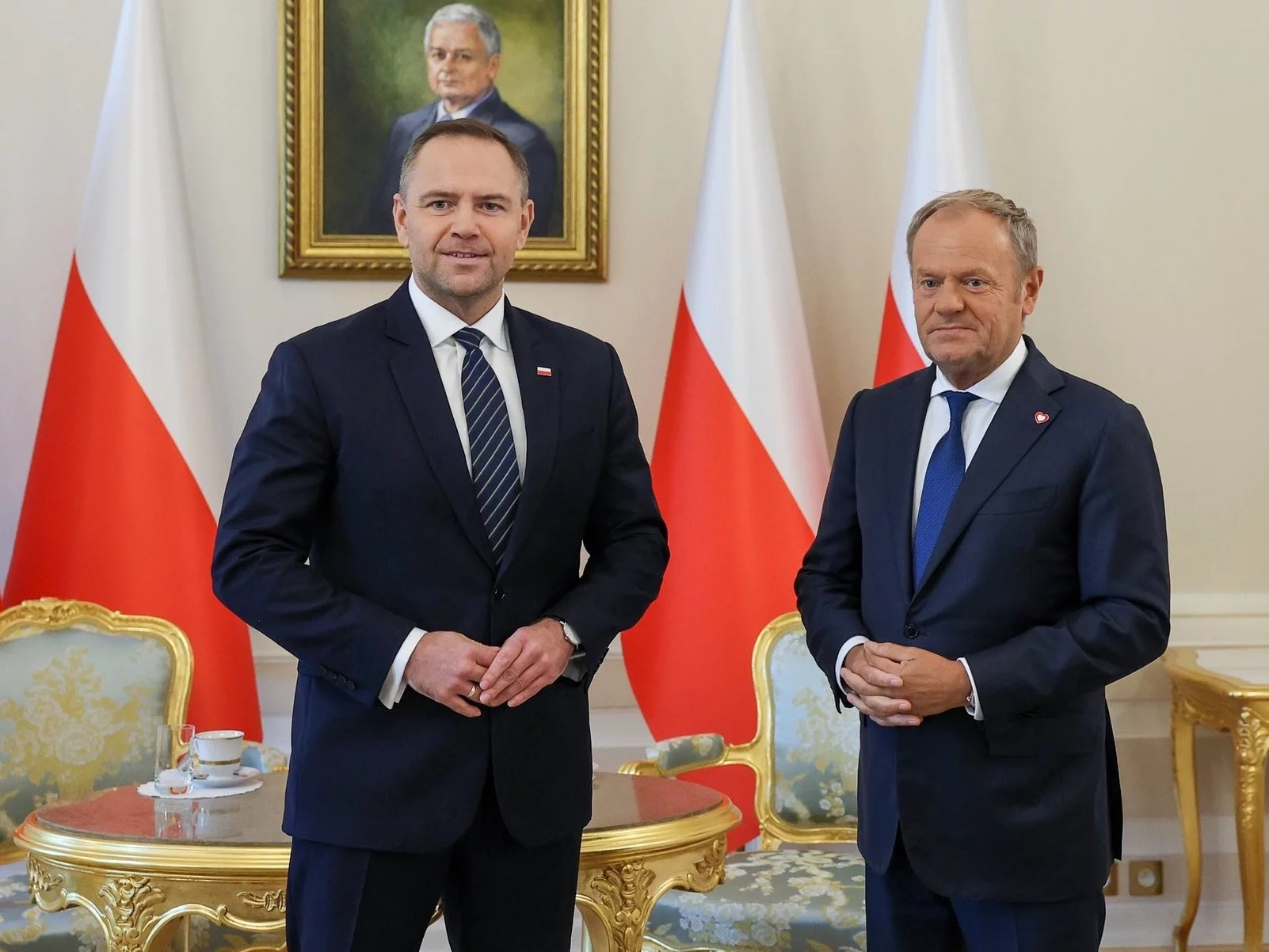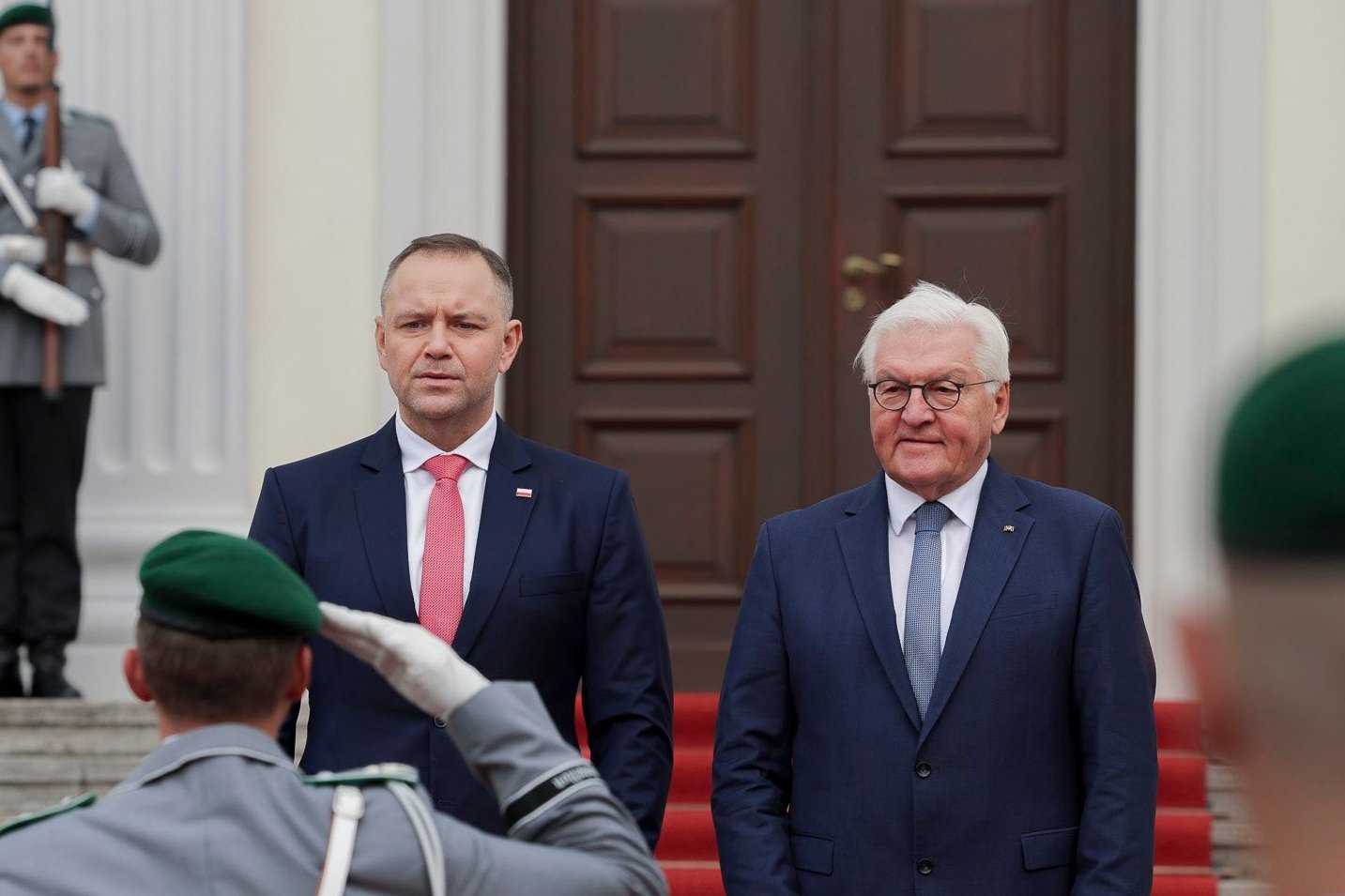Треть назначений врачей общей практики в Англии в июне были проведены дистанционно, что является самым высоким показателем с момента пандемии, поскольку цифровое здравоохранение продолжает неуклонно расти.
Цифра 33,3% представляет собой увеличение с 30,9% в июне 2024 года и 28,3% в июне 2023 года, согласно новому анализу данных NHS England информационным агентством PA. Этот всплеск обусловлен главным образом резким увеличением числа онлайн-консультаций, а не телефонных встреч.
Онлайн-назначения утроились за два года
Онлайн-консультации пережили резкий рост, подскочив с 1,5% всех назначений на GP в июне 2023 года до 8% в этом году. Между тем, телефонные звонки оставались относительно стабильными на уровне около 25% в течение этого периода.
Совокупный показатель удаленных назначений достиг своего нынешнего постпандемического максимума, хотя он остается ниже пика в 40%, наблюдаемого во время Covid-19. После падения до 27,7% в январе 2023 года эта доля медленно, но неуклонно росла в течение последних двух лет.
Врачи защищают дистанционные консультации
Профессор Камила Хоторн, председатель Королевского колледжа врачей общей практики (RCGP), сказала, что удаленные консультации «предлагают удобство и гибкость, которые ценят многие пациенты». Она подчеркнула, что данные свидетельствуют о том, что удаленная помощь безопасна в подавляющем большинстве случаев.
«Часто врач может сначала проконсультироваться с пациентом удаленно, а затем попросить его прийти на практику, если это необходимо, чтобы увидеть их лично», — сказал Хоторн. Она отметила, что за последние 12 месяцев ГП обеспечили рекордное число назначений, при этом почти 250 миллионов были выполнены лично.
Личные встречи по-прежнему доминируют
Несмотря на рост числа удаленных консультаций, 63,3% назначений врачей общей практики в июне все еще проводились лицом к лицу, по сравнению с 65,3% годом ранее. Доля удаленных назначений значительно варьируется в разных регионах: от 38,2% в Лондоне до 28,4% на северо-востоке и в Йоркшире.
Онлайн-приемы охватывают различные форматы, включая инструменты чата, не-видео приложения и видеозвонки. Профессор Хоторн подчеркнул, что решения о форматах назначений должны оставаться между клиницистами и пациентами, поддерживая «смешанный подход» к оказанию медицинской помощи.
Инвестиции, необходимые для цифровой инфраструктуры
Председатель РКГП подчеркнула необходимость создания надежных ИТ-систем для обеспечения безопасного и эффективного проведения удаленных консультаций. Она приветствовала предложения правительства по улучшению цифровой инфраструктуры, но призвала к «значительным инвестициям», чтобы сделать улучшения реальностью.
«Колледж призвал к дополнительному финансированию в размере не менее 2 миллиардов фунтов стерлингов, чтобы наша физическая и цифровая инфраструктура соответствовала целям, чтобы мы могли предложить пациентам назначение, которое подходит для них», — сказал Хоторн.
Правительство обещает трансформацию здравоохранения
Представитель Департамента здравоохранения и социальной помощи сказал, что правительство достигло «реального прогресса в исправлении передней двери NHS», набрав более 2000 врачей общей практики в прошлом году и предоставив дополнительные семь миллионов назначений врачей общей практики.
В рамках 10-летнего плана здравоохранения правительство развивает службы здравоохранения для обеспечения более персонализированного ухода в удобных местных районах. Чиновники подчеркнули, что пациенты, предпочитающие личные встречи, должны иметь к ним доступ, в то же время трансформируя приложение NHS, чтобы упростить управление онлайн-медициной.
Представитель NHS England подтвердил, что каждая практика GP должна предлагать личные встречи, когда пациенты хотят или нуждаются в них. Они отметили, что команды врачей общей практики работают над улучшением доступа, с рекордными числами назначений и улучшенными оценками удовлетворенности пациентов.
(ПА) Примечание: Эта статья была отредактирована с помощью искусственного интеллекта.













